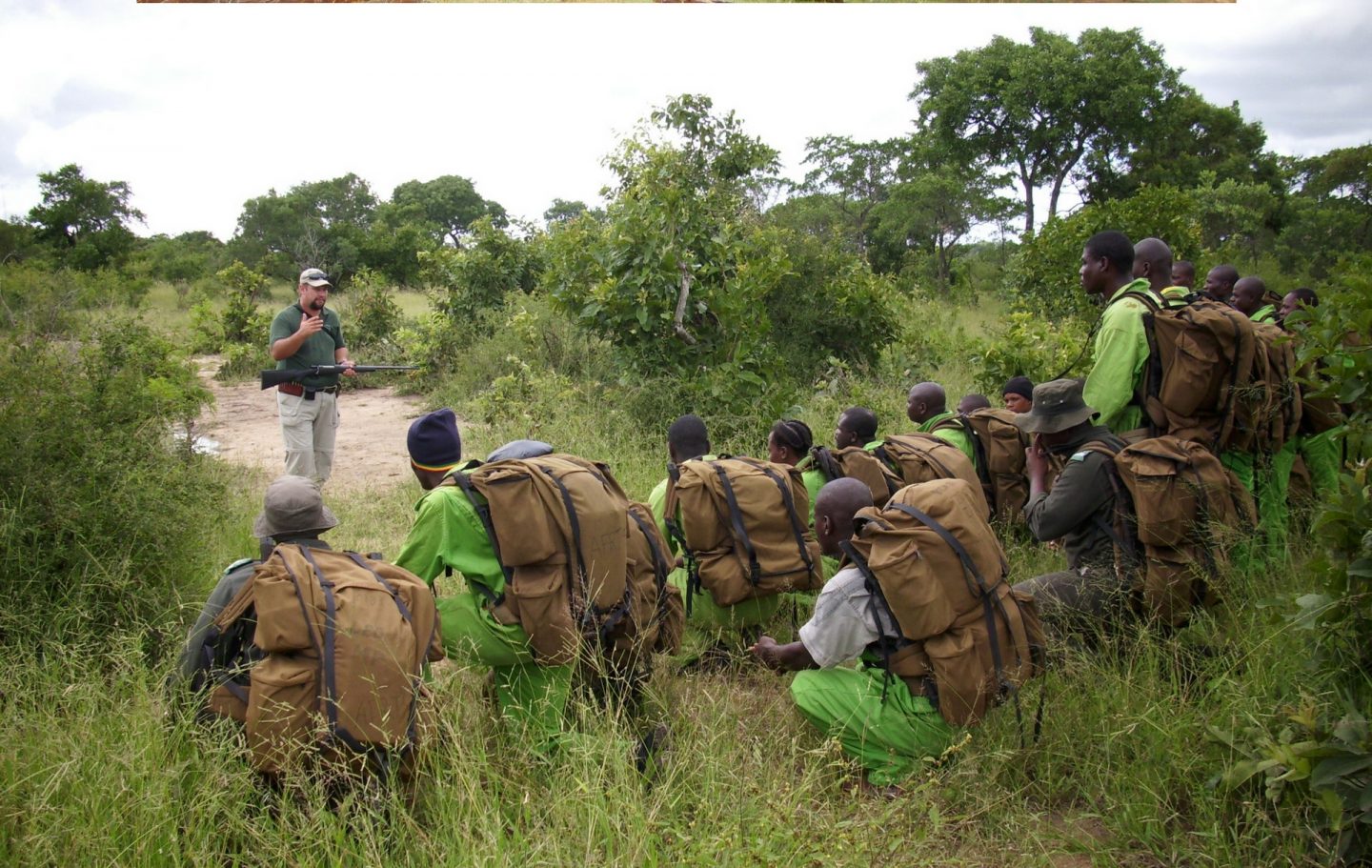
The conservation projects we support provide not just protection for Africa’s wildlife, but livelihoods and wellbeing for thousands, as well as many additional benefits to millions by maintaining healthy ecosystems.
For many, the impact of the pandemic has been immediate:
Conservation Through Public Health, Uganda
“We have seen a great impact of COVID-19 on our work. The number of tourists to Bwindi have reduced which is affecting the local community and their businesses and we will need to increase awareness of the dangers of potential illegal entries into the park to be able to meet their basic needs in the absence of tourism revenue.”
The Southern African Wildlife College, South Africa
“SAWC has had to send all its students home and all staff have been requested to put in annual leave as we simply cannot afford to pay salaries if there is no income.”
Painted Dog Conservation, Zimbabwe
“The drop in tourism is probably what’s having the main impact on us. Low tourism affects us more in terms of information and monitoring of dogs across Hwange National Park. We rely a lot on lodges to report to us when they see dogs and obviously that is decreasing.”
C3, Madagascar
“Costs of basic goods and provisions including transport are shooting up. We want to keep our teams active on the ground to prevent poaching of sea turtles as protein supplies become more expensive. We do not want to neglect our communities and youth at this time, more than ever they need communications and support.”
Lewa Wildlife Conservancy, Kenya
“The cessation of tourism and global economic fallout are also leading to large-scale job losses across Kenya. We anticipate a spike in instability, great need among communities and increased poaching pressure in the coming months, with rhino horn, according to some reports, even being touted in parts of Asia as a cure for coronavirus.”
Save The Waterberg Rhino, South Africa
“On a positive note, the virus has meant that humans around the world are starting to realise that things can be done differently-thanks to technology. The cameras that are currently in place are proving very effective and helping to reduce crime and poaching.”
Honeyguide Foundation, Tanzania
“Rangers will help communities over these next few months, they have radios, first aid training, information on COVID-19 and vehicles where they can respond to help communities understand the pandemic and how to stay safe.”
Our work to fund this vital conservation work goes on and will continue throughout this crisis. We are monitoring the situation closely and are ready to take targeted action when the greatest and most impactful use of funds becomes clear.
We will keep you updated. Thank you for your ongoing support at this critical time. Please stay safe and healthy.






